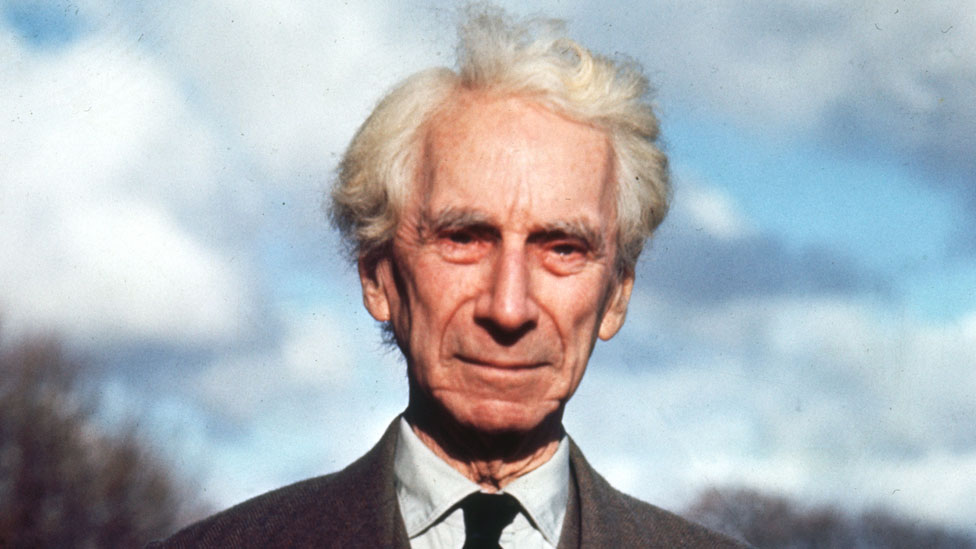
You know, to give you a bit of holiday reading when you've eaten too many pies.
Welcome to the Russell Prize 2020.
And what a year it's been. No, not the pandemic; I'm talking about the prose. Though I guess the two are related. Pandemics bring out the best in pens. TS Eliot wrote The Waste Land while recovering from Spanish flu. Daniel Defoe's Journey of a Plague Year is his best work, much better than Robinson Crusoe.
Only one of the nominees this year was writing directly about the pandemic and its consequences. The winner of the Russell Prize 2020 certainly was not.
Before we get to them, I should remind you that the Russell Prize is named for my hero, Bertrand Russell, who together with George Orwell wrote the best non-fiction prose in English of anyone alive in the 20th Century. (Ernest Hemingway wrote the best fictional prose, and if you haven't read
Joan Didion's 1998 essay on his "mysterious, thrilling" style, you haven't lived; but we'll leave that for another day).Russell's prose united the unholy trinity of virtues that make the best essayists: plain language, pertinent erudition, and moral force. Orwell achieved it in Shooting an Elephant and several other essays; Russell achieved it through most of his work.
Other truly great, even canonical, essayists often have two out of three. For instance, Christopher Hitchens' best essays combined pertinent erudition with moral force, but lacked plain English, (the moral, intellectual and artistic case for which Orwell himself made peerlessly).
As always, the selection process was watertight, in that nominations were submitted by me, to a rigorous and impartial panel of one, also me, wherein I have self-identified as convenor, founder, chair, president, and - in a new designation for 2020, approved by me - CEO.
Final thing: I'm impartial. I'm not endorsing any of the positions taken by any of these writers. If you want to bombard me with post-structuralist analysis of how I'm reinforcing discourses and hierarchies of oppression, or whatever it might be, honestly, it's not worth your time. I just love great writing.
Enjoy!
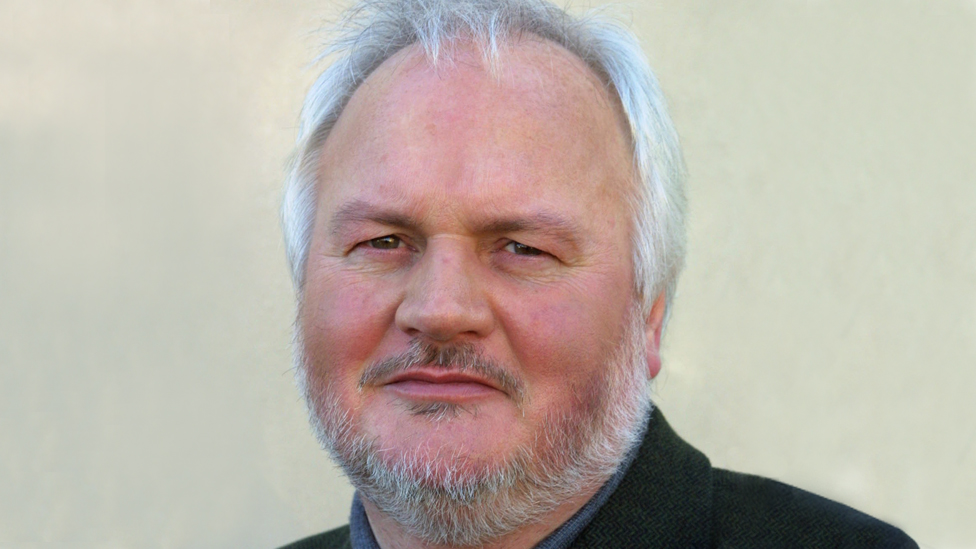
5 - Paul Vallely
In another universe, far, far away - that is, Kensington, London, a decade ago - I used to talk to Paul Vallely regularly. I worked on the comment desk of the Independent, a newspaper, and he wrote editorials.
Editorials, also called leading articles, are the voice of the paper, not the person writing them. Writers of editorials report to the comment desk, which has an editor, who in turn reports to the editor of the newspaper. That is, several people are involved in crafting the voice of the newspaper, though the editor has ultimate say.
Out of this process, various pleasing frictions arise. Debating what the editorial line of the paper should be was a great reason to turn up to work. It would probably be easier if the editor just wrote the editorials, but she or he doesn't have enough time, and likes the ego trip of being able to make the final call on others' work.
Journalists like to think they're motivated by stories but, being human, they're motivated above all by the other members of their tribe. For me, the best thing about working on the comment desk was talking to the likes of Paul, or our columnists, including the late Robert Fisk.
Paul has written a book on philanthropy, one of the most important, but least understood, subjects of our age. The extract in the Guardian was a festival of ideas, argued in clear, cogent prose.
I don't endorse the arguments therein, but it will certainly make you think again about whether philanthropy is being used not just to distract from bad behaviour, but to nullify the possibility of social and economic reforms that might address the many crises we are living through - including several that philanthropists say they're motivated to resolve.
Like Anand Giridharadas's book, Winners Take All, it has the appealing merit of starting out from a counter-intuitive proposition - philanthropy benefits the rich, not the poor - and then sustaining that position through the gradual accumulation of evidence. It's masterfully done, actually.
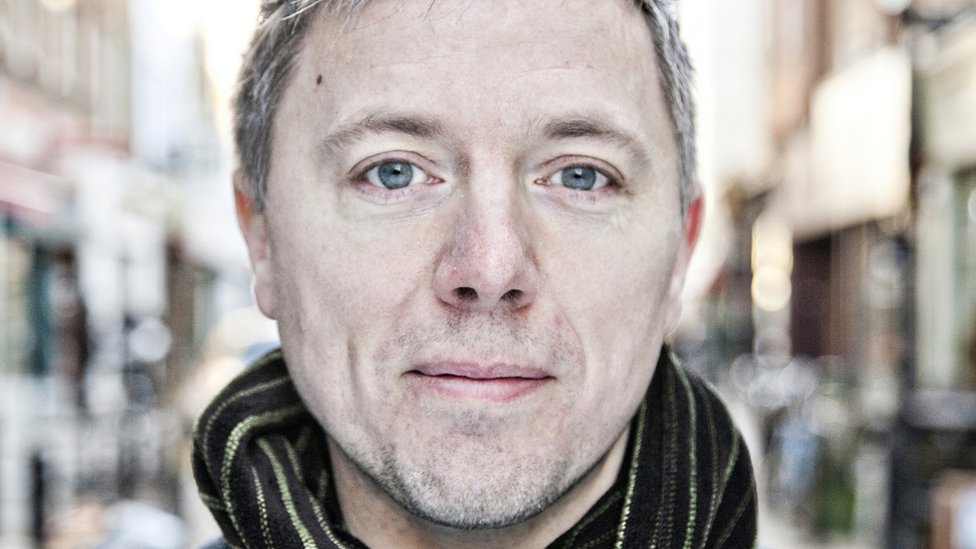
4 - Ian Leslie
Ian Leslie's extraordinary love letter to Paul McCartney is the sort of gift we all secretly - and sometimes not so secretly - hope for before we die. It's a chronicle of legacy. Leslie captures the sheer, astonishing, largely unrecognised range of McCartney's genius, detailing a lifetime's achievement with the affection of a fan and the eye of a crime reporter.
And there are several intellectual crimes that he prosecutes, from the naive casting of McCartney as a bohemian floozy, to the false dualism of his relationship with John Lennon, to the misunderstanding of him as a secondary figure in the most successful band of all-time. Reading this letter, you will learn a huge amount. The listicle format works - nothing downmarket about it - but the sub-headings are a useful addition.
Leslie has joined the Substack revolution. His newsletter, The Ruffian, is excellent, because his mind and voice are so unique. I really admire the profusion of short sentences in this essay: "Why Paul? I don't know. I like his face, I suppose", and constant outbreaks of profundity: "Gifted melodists always risk being dismissed as superficial, yet melody penetrates us to our core." Too true, mate.
My two least favourite words in English, after "cancer" and "malignant", are "Shakespearean" and "Orwellian". These ludicrously imprecise terms always exhibit lazy thinking. Orwellian is generally used to connote something totalitarian, you know, Big Brother is Watching You. I'm not going to commit the very crime I've just called out, but I will say that, in its mixture of brevity and profundity, Leslie writes sentences Orwell would have been proud to call his own.
Let alone dear Bertrand.
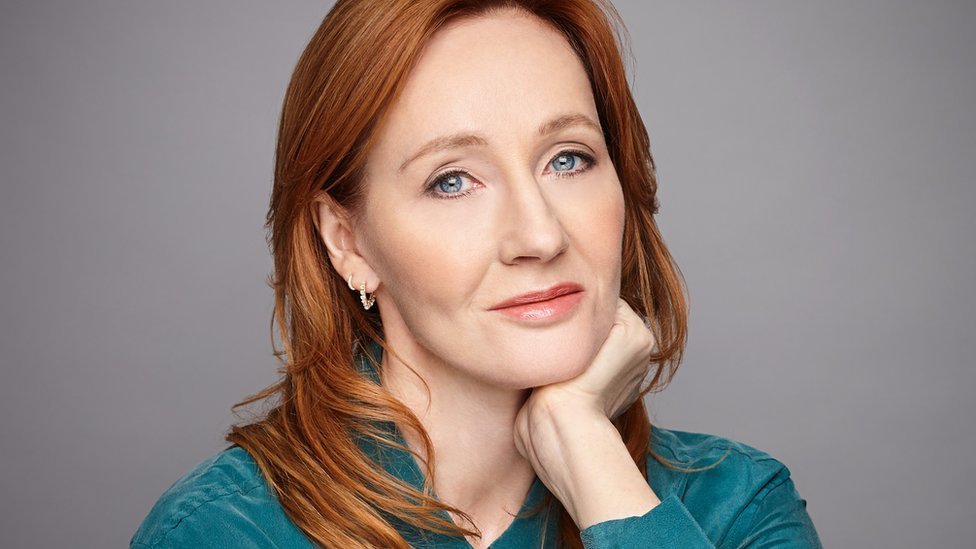
3 - JK Rowling
JK Rowling is almost certainly the greatest writer of English children's fiction of her generation, and a remarkable humanitarian. It turns out she writes exhilaratingly powerful prose too.
In a blog about the transgender debate, she offended many people. Offence is the price of free speech. Those offended felt she was questioning their identity and even attacking their human rights, which they argue is a form of discrimination or hate speech.
I take absolutely no view whatsoever on the issues that she raises.
I do take an issue on abuse and trolling, and Rowling has achieved the inglorious honour of topping many a league table for those. The deluge of hatred that she faced before writing this blog made it brave, and it was nothing compared to what came after. Talking about bravery, so too, by the way, was Suzanne Moore's engrossing, long, personal essay for Unherd on why she left the Guardian.
We should all applaud bravery in writers - even those with whom we disagree. And Rowling's essay contained moments of both real beauty and piercing honesty, as when she revealed that she is a survivor of domestic abuse and sexual assault.
What the judges - that is, the voices in my head - most admired about the writing was the plain English. It is an interesting fact about rhetoric that if you want people to understand something, plain, mono-syllabic words are usually your best bet: "Ask not what your country can do for you; ask what you can do for your country".
Or think of the final line from Enoch Powell's most notorious speech: "All I know is that to see, and not to speak, would be the great betrayal."
I'm not endorsing the argument; but the rhetorical power of that line comes from the fact that there are 16 words, the first 15 of which have one syllable, and the last of which has three.
Compare it with this line in Rowling's essay: "So I want trans women to be safe. At the same time, I do not want to make natal girls and women less safe."
The rhetorical power from those two sentences derives partly from the plainness of the English. Only "women" (twice) and "natal" contain more than one syllable.
If you're ever editing copy that seems verbose, go through it and think about cutting syllables while conveying the same meaning. Plain English has power. JK Rowling gets that.
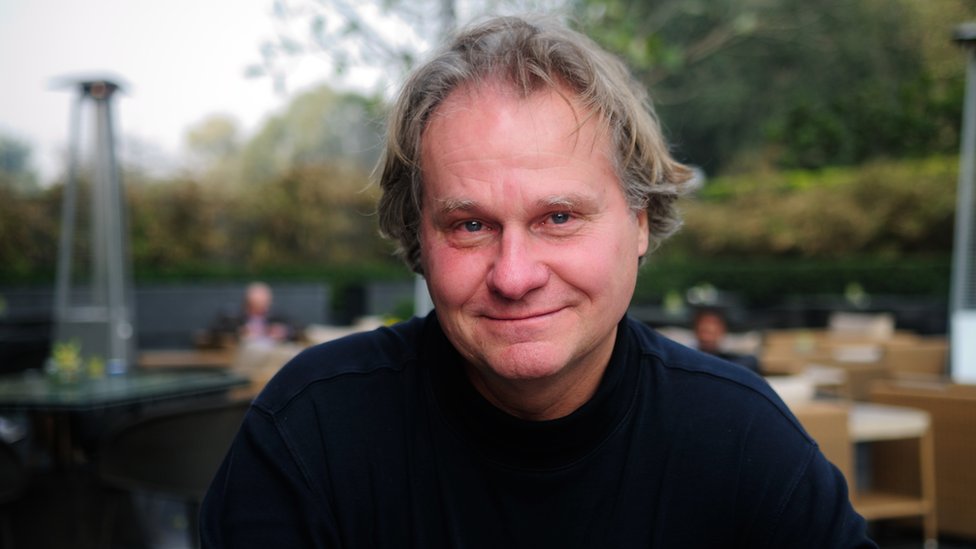
2 - Wade Davis
Throughout this year, I've been doing a project for BBC Radio 4 and BBC Sounds, called Rethink. It's an attempt to understand how Covid-19 will, and should, change our world.
There are 64 essays from luminaries including the Pope, Dalai Lama, and Prince Charles. The basic insight is that we are living on the edge of profound change. Not just historic, but epochal.
Which, funnily enough, is an argument I have been making on this blog for years, and long before the pandemic. (See 'The New Epochalists, for instance.)
Huge forces - of technological innovation, Easternisation, and ecological catastrophe - are re-shaping our world at an extraordinary rate. And that was before the pandemic came along. Covid-19 has created new trends and accelerated underlying ones. High on the list of these is the end of the American century; or rather, the end of American pre-eminence.
Nobody has ever captured this quite like Wade Davis, in his seminal essay for Rolling Stone. Others have come close - notably George Packer in his outstanding analysis of the life of Richard Holbrooke for The Atlantic last year (The End of the American Century). But Davis is in a league of his own.
This is my kind of writing. That is, the kind of writing I aspire to. With magnificent historical sweep, and an array of dazzling statistics, he shows how at a particular moment, blessed with particular dividends from demography and high calibre political leadership, America helped to end the World War Two, remake the world in its own image, and earn the moral right to be top dog.
All of that is gone. It's an exhilarating, magisterial essay.
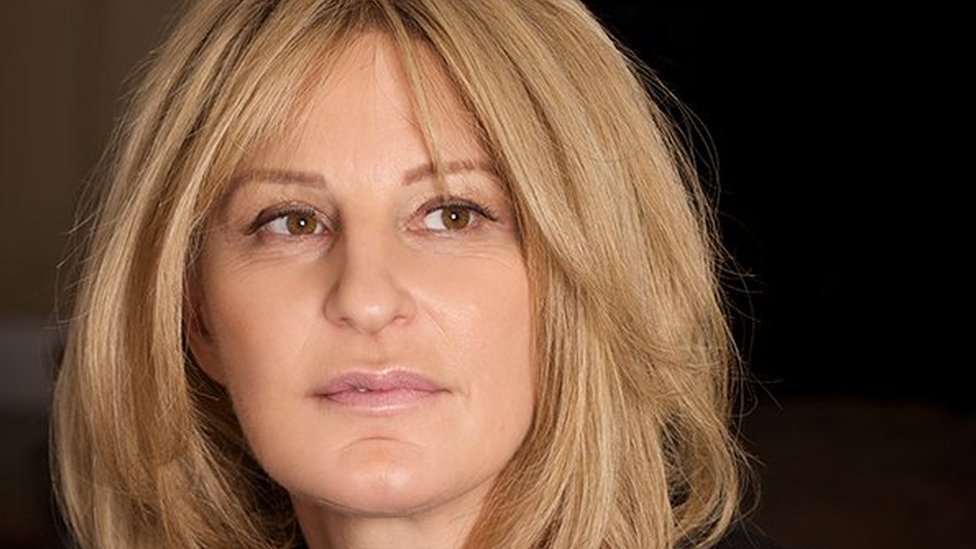
The winner of the Russell Prize, 2020
Decca Aitkenhead: How a Jamaican Psychedelic Mushroom Retreat Helped Me Process My Grief
It is impossible for me - and, I hope, you - to imagine the suffering Decca Aitkenhead has endured.
In May 2014, she was on a beach in Calabash Bay, Jamaica. Her four-year-old boy was in the water, when a big wave dragged him out to sea. Her partner, Tony Wilkinson, swam out to rescue their son, which he did - but at the cost of his own life.
Aitkenhead saw him drown.
To think of how that scene must have etched itself on not just Aitkenhead but her family is itself unconscionable. To describe Wilkinson, a charity worker who was extremely handsome, as a martyr doesn't capture the full, moral power of his impulsive decision to go into the water, or the exchange of life for death that ensued.
Aitkenhead wrote about her experience in a haunting, and haunted, memoir, All at Sea.
I do realise it is the height of vanity to insert oneself in stories of such pain felt by others, but there is a very minor connection which has always made this story particularly affect me. My wife and I spent half our honeymoon in Jamaica, on Treasure Beach, which is just next to Calabash Bay.
We were on the same beach in Calabash just 12 weeks before Aitkenhead and her family. Our son, Winston, is now four, and our daughter is one. Her name is Jamaica.
In January, Aitkenhead wrote possibly the best report I have ever read in a magazine. It chronicled her trip back to Jamaica with a friend - former Sunday Times colleague Eleanor Mills - to try psilocybin, the active ingredient in magic mushrooms.
Aitkenhead reveals that a year after Wilkinson's death, she underwent a double mastectomy and chemotherapy for breast cancer. This unbearable additional trauma, on top of her grief, while raising two children, led her to try therapy, yoga, veganism, and a bit else besides, probably. But nothing worked. A friend said try magic mushrooms. And then she read Michael Pollan.
In the Russell Prize for 2018, I mentioned that a growing band of writers, including Andrew Sullivan, were trying to create new paradigm for thinking about drugs in public life. His "Why We Should Say Yes to Drugs" was riveting. The immaturity, stupidity, ignorance, hysteria and tendentiousness with which we have talked about drugs for most of my life is ceding, giving way to a more nuanced, balanced discussion. There is also, obviously, a very fast growing policy shift across many countries, who are treating drugs mainly as a medical rather than criminal issue.
Pollan's best-seller, How To Change Your Mind, has made him a leader of this new intellectual movement. He also changed Aitkenhead's life.
The magazine report has a perfectly glorious arc: appalling back-story, terror in anticipation, awful first experience and then... well, I won't give it away, but if you're into redemptive narratives, give this one a try. And do so too, please, if you enjoy lucidity, suspense, and powerful metaphors: at times Aitkenhead's evocation of the experience reaches heights that Hunter S Thompson would have read approvingly.
The resulting piece is, well, a trip.
I can't say I have any evidence that dear old Bertrand Russell gave magic mushrooms a try, but I have no doubt that he would consider reading this year's winner an education. I often wonder what he would say about legalising drugs today. "Do not fear to be eccentric in opinion," he once wrote, "for every opinion now accepted was once eccentric."
Let me repeat, again, in case you're thinking of getting angry, and sat in front of a keyboard, that I am not endorsing any position in relation to drugs, transgender issues, America, Paul McCartney or philanthropy. But I do endorse great writers and great writing.
May plain prose and erudition long outlast the injustices our esteemed writers have sought to vanquish.
I wish you and your family a glorious, restful Christmas - and hope 2021 is the best year yet. It can't be any worse than this year, can it?
"best" - Google News
December 21, 2020 at 01:10PM
https://ift.tt/37A7WC0
The winners: The 2020 Russell Prize for best writing - BBC News
"best" - Google News
https://ift.tt/34IFv0S
Bagikan Berita Ini














0 Response to "The winners: The 2020 Russell Prize for best writing - BBC News"
Post a Comment